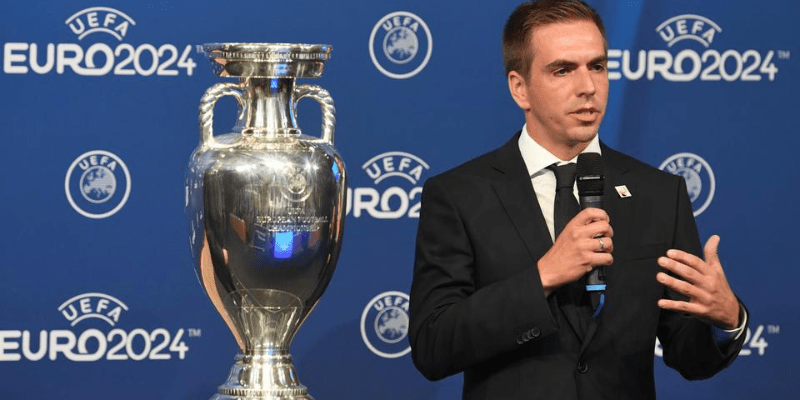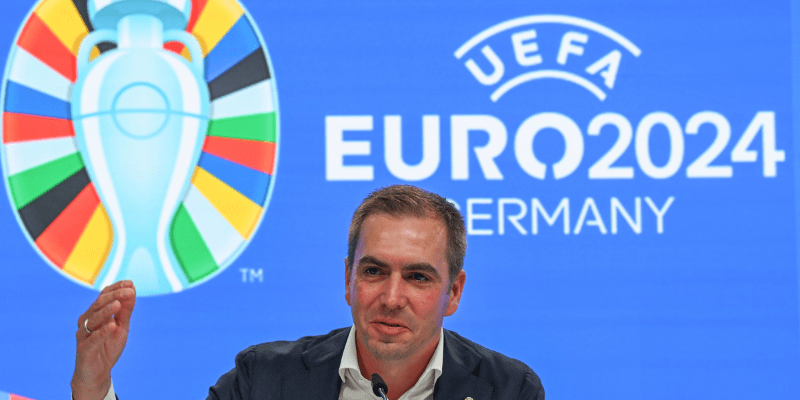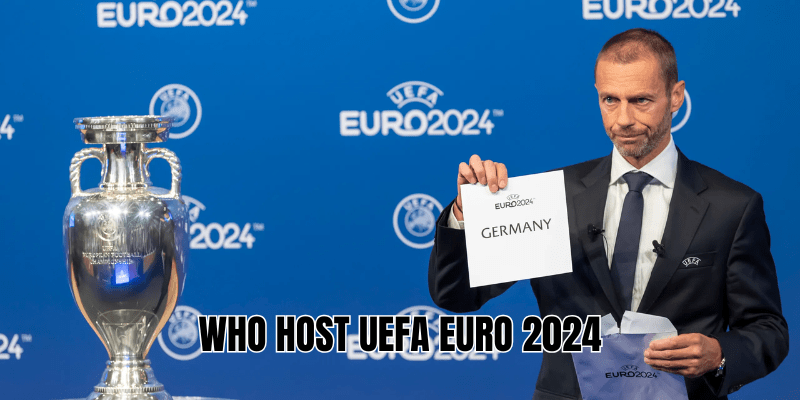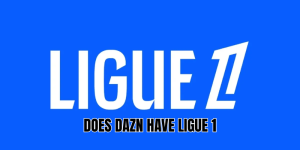In case you were wondering who host UEFA Euro 2024, it’s Germany — the German Football Association was selected to stage the 17th edition of the tournament. It ran from 14 June to 14 July 2024, featured 24 nations, and played across ten cities and stadiums with rich history and big atmosphere. In this article, 2hanBall will take you through the host country, venues, key moments, and why Germany was chosen — all the essentials a fan craves.
Why Germany Was Chosen as Host

Germany was chosen in September 2018 by the UEFA Executive Committee, prevailing over Turkey in the bid. It marked a return to the stage for unified Germany to host a major tournament of this scale. Germany had already hosted the Euros as West Germany, and also co-hosted with others, but Euro 2024 was its first time as unified Germany hosting it alone.
As hosts, Germany automatically qualified for the tournament and were seeded in Group A. Their first match was also the opening match of the tournament.
Where Matches Were Played: Host Cities & Venues
Germany used 10 stadiums located in 10 different cities to stage the 51 matches of Euro 2024. These venues combined modern infrastructure, capacity, history, and fan culture. 2hanBall highlights the most important ones below.
Key stadiums and cities
- Munich (Allianz Arena) – Hosted the tournament opener: Germany vs Scotland on 14 June. Powerful atmosphere, packed with expectation.
- Berlin – The biggest venue, hosting the final on 14 July and several knockout matches. A storied ground that also hosted the 2006 FIFA World Cup final.
- Dortmund, Cologne, Stuttgart, Frankfurt, Hamburg, Leipzig, Gelsenkirchen, Düsseldorf – All these cities had stadiums selected for various group matches, Round of 16, quarter-finals etc. Each brings its own character: from the “Yellow Wall” in Dortmund to the modern vibe in Leipzig.
Stadium capacities & usage
Each venue met UEFA’s minimum standards, especially capacity (30,000+ seats) and amenities. For example, the Olympiastadion in Berlin holds around 74-75,000 spectators. Smaller cities like Leipzig had stadiums with ~40,000 capacity. Several venues were ones used during the 2006 World Cup; Düsseldorf was notable as a newer addition.
Tournament Highlights & Host Nation Performance

Germany, as host, had the advantage of playing in front of home crowds. Some of the memorable moments:
- Opening match: Germany crushed Scotland 5-1 in Munich. The hosts put three goals in the first half, Scotland were reduced to ten men before halftime, and Germany showed attacking flair.
- Final: The tournament concluded at the Olympiastadion in Berlin on 14 July 2024, with Spain defeating England 2-1 to lift the trophy.
Germany’s hosting also meant huge logistical planning: ten teams’ travel, match scheduling across regions, ensuring stadiums in both former East and West Germany got attention, blending modernity with tradition.
Fun Facts & Records from Euro 2024 Hosting

- Germany hosted a Euros tournament for the third time in total.
- Olympiastadion Berlin was not just for the final — it hosted six matches total.
- The region with the highest number of host venues was North Rhine-Westphalia, with four cities (Dortmund, Düsseldorf, Gelsenkirchen, Cologne).
Impact of Hosting: Why It Mattered
Hosting Euro 2024 meant a lot more than just putting teams on fields. For Germany:
- A boost to infrastructure: stadiums, transport, city renewal.
- Reconnecting with fan culture across regions, including former East Germany. Leipzig was a highlight in that respect.
- A chance for the national team to rebuild identity, unify support. Even though Germany has a proud history, performance in recent tournaments had mixed results — Euro 2024 was a chance to re-establish.
Who Host UEFA Euro 2024: Quick Summary
- Host country: Germany
- Dates: 14 June – 14 July 2024
- Number of teams: 24
- Number of cities and stadiums: 10
- Opening match: Germany vs Scotland in Munich (Germany won 5-1)
- Final: Held in Berlin at Olympiastadion
Conclusion
Who host UEFA Euro 2024 — as we’ve seen, it was Germany, and they delivered a tournament woven with passion, the roar of the fans, iconic stadiums, and dramatic football moments. For 2hanBall readers—whether you follow Messi, Mbappé, the giants of La Liga or the underdogs of international tournaments—knowing how, where, and why things happened makes every goal, every upset, every cheer feel more alive.
If you enjoyed this deep dive, hit that follow for more behind-the-scenes, match reviews, player biographies, and stat breakdowns. Curious about match schedules? Player stats? Which top teams underperformed? Stay tuned—2hanBall has all that coming up next.







